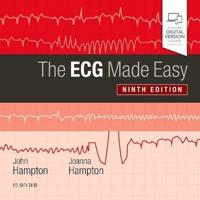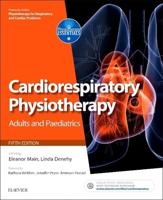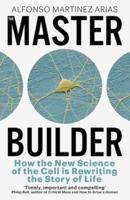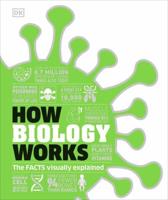Publisher's Synopsis
Traditionally, cardiac hypertrophy is regarded as an adaptation of the heart to permanent mechanical overload. Regardless of the fact that many different and often unknown primary causes can result in heart failure, mechanical overload and myocardial hypertrophy is found in almost all forms of manifest chronic heart failure (apart from failure due to extramyocardial hindrances to inflow or to relaxation). However, the reactive enlargement of myocardial mass in response to an enhanced hemodynamic burden appears to be a double-edged sword. Obviously, the hypertrophy helps to reduce the enhanced ventricular wall stress in heart failure by adding contractile units to the overdistended chamber wall. However, in recent years it became clear that this adaptive hypertrophic process is rather complex and may include problematic facets. The adaptive hypertrophy includes proliferation of the nonmyocyte cardiac cells as well as substantial alterations in the phenotype of the growing myocytes due to differential changes in gene expression.












